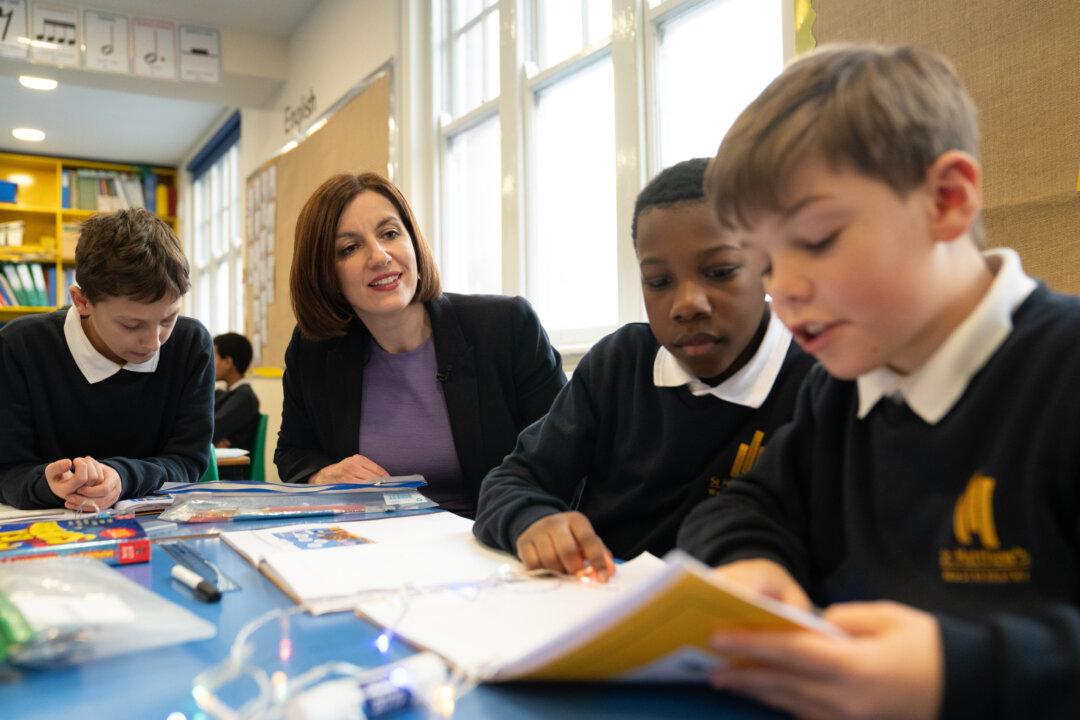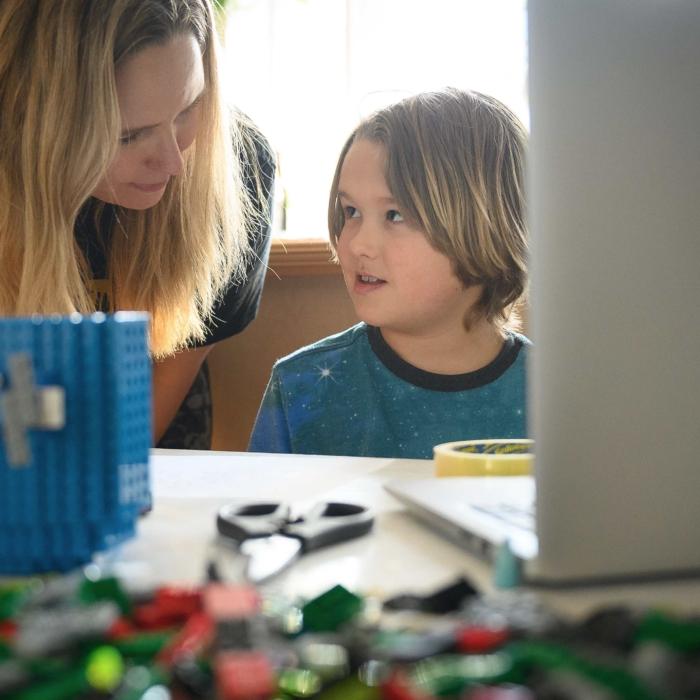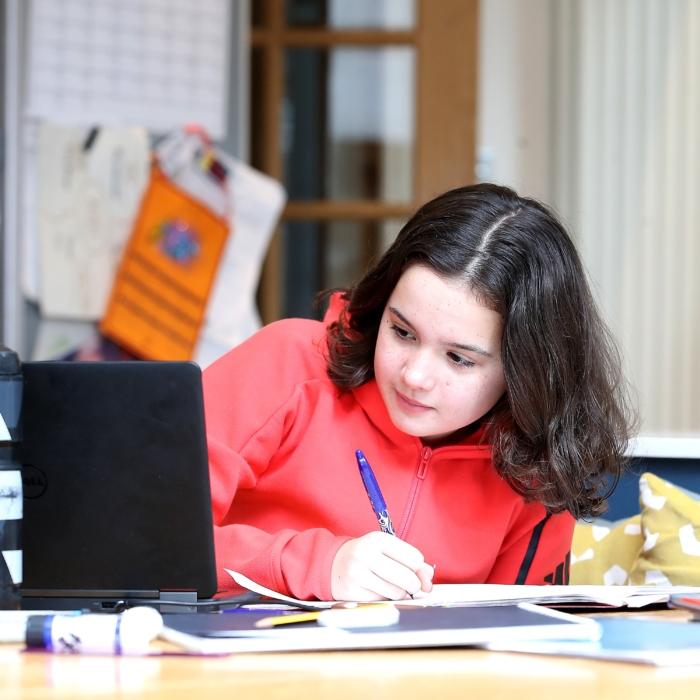Ms. Phillipson said she does not believe lockdowns should be blamed for soaring rates of persistent absence in children, but said that what happened with the closure of schools, “broke the social bonds, already frayed after years of neglect.”
Questioned by the media. Ms. Phillipson did not rule out the use of lockdowns in the future, but said if they were ever to happen again, schools should “be the last thing to close and the first to open.”
In a wide-ranging speech, Ms. Phillipson pledged that Labour would reform the way schools are inspected by Ofsted and introduce detailed report cards instead of the current tier system, which has come under scrutiny for being too crude following the death of headteacher Ruth Perry.
Artificial Intelligence for Data Sharing
Pledging to create individual identity numbers for children, she said, “Information about children isn’t shared in the way it needs to be. Today, too often, for too many children, that simply isn’t happening.”Calling for expanded use of artificial intelligence and other technology to join up records held on children by nurseries, schools, health visitors and local authorities, she said, “Labour will bring in a simple single number—like the NHS number—that holds records together, and stops children’s needs falling through gaps within schools and between them, between all the services that wrap around them.”
Ms. Phillipson said the latest figures on persistent absence were “frankly terrifying,” and that fines should continue to be issued to parents who allow children to miss school without good reason.
She said it was “a mark of disrespect” for parents to take children out of school so they could have “cheaper holidays” and “birthday treats,” and pledged that a Labour government would utilise AI to spot pupils’ patterns of absence.
Ms. Phillipson said, “We will bring in the register of homeschooling that the education secretary couldn’t persuade the prime minister was important.
“If children aren’t in schools, local authorities need to be clear about where they are.
‘Mangled Conflation’
Wendy Charles-Warner, of charity Education Otherwise, who has been a home educator for 40 years, said the Labour policy was muddled.“Yet again, we see an inappropriate and frankly mangled conflation of home education and absenteeism. Home education is of equal legal status to school education, and it is certainly not ‘non-attendance.’
“Home-educated children are in full-time education, they are not school pupils, let alone absent school pupils.”
Ms. Charles-Warner told The Epoch Times that when such registers had been introduced in other countries, it had caused some parents to disengage altogether from local authorities rather than face additional scrutiny.
“A register of home-educated children will make no difference whatsoever to school absenteeism and, before proposing such a significant step, the Labour party should educate itself to the very basic facts of the matter.”
She said the main reason parents give for choosing to home educate is that they believe they can provide a better education than the one being offered in schools, but that special educational needs and mental health conditions in children are a growing factor.
“Time and again, I hear that children’s special needs and mental health needs not being met are the main reason why parents are choosing to home educate. The school system is archaic and simply does not cater for the number of children who are registered with special needs or who are not neurotypical.“Every child is an individual, so how can one teacher really be expected to cater for the needs of 30 individual children, who all have their own personalities?
Increasing Numbers Home Educated
“We did see a big jump in numbers (being home educated) after the lockdowns ended, as some children were simply happier learning at home and their parents decided to continue with it.”Before the lockdowns, approximately 55,100 children were registered as being home-educated, with this rising to around 82,170 immediately after the restrictions were ended.
Although there have been some slight fluctuations since, the number has actually risen again and is now at around 86,200 recorded as being home educated in Spring 2023.
The Government has pledged to collect school attendance data from registers to tackle the problem of persistent absenteeism, which has risen since the lockdowns with one almost three in ten parents no longer believing it is important for children to be in school every day.
The Department for Education said schools will be asked to send their registration data on a voluntary basis, and that data protection rules should safeguard the privacy of children.







